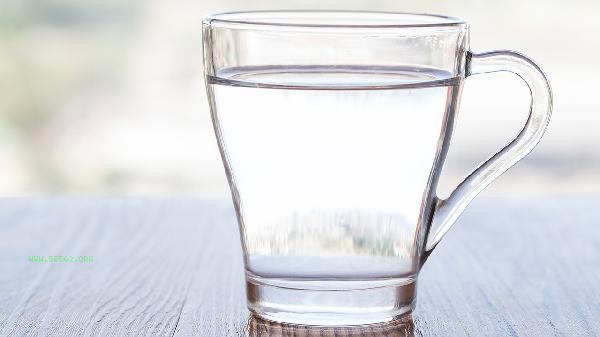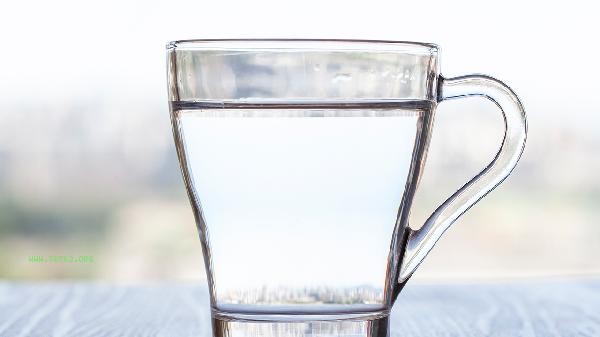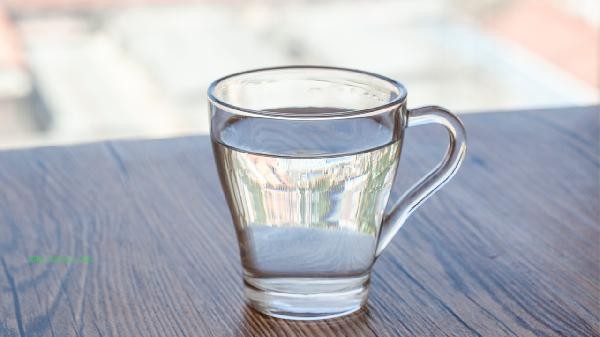It is recommended for children aged 7-10 to drink 800-1200 milliliters of water per day, depending on factors such as activity level, season, and dietary water content.

1. Basic Water Requirement
The daily basal metabolic water requirement for children aged 7-10 is approximately 50 milliliters per kilogram of body weight. Calculated based on an average weight of 25 kilograms, the basic water requirement is approximately 1250 milliliters. About 300-500 milliliters of it can be consumed through food, and the remaining amount needs to be supplemented directly with water. It is recommended to drink in portions and avoid consuming large amounts at once.
2. The impact of activity level
After exercise, it is recommended to supplement water by 100-150 milliliters every 30 minutes for moderate intensity activities. During summer or after physical education classes, it can be appropriately increased to 1500 milliliters, and the color of the urine should be light yellow. It is recommended to supplement drinks containing electrolytes after intense exercise, but sugar intake should be controlled.
3. Seasonal Adjustment
It is recommended to maintain a minimum of 800 milliliters in dry environments or heated rooms during winter, and to increase it to over 1200 milliliters during high temperatures in summer. In air-conditioned environments, one should actively drink 50-100 milliliters of water every 2 hours. Regular reminders can be set to cultivate a regular drinking habit.

4. Diet water content
If the daily diet includes Congee, soup, fruit and other foods with high water content, the amount of direct drinking water can be appropriately reduced. Every 100 grams of fruits and vegetables provides about 80 milliliters of water, and it is important to note that high salt snacks can accelerate water loss.
5. Individual differences
For overweight children, the calculation can be based on 40 milliliters per kilogram, while for thin and weak children, it can be appropriately increased. Special situations such as fever and diarrhea require adjustment according to medical advice, and increasing water intake may be necessary when taking certain medications. It is not recommended to replace plain water with beverages.

Cultivating children's autonomous drinking habits can start with equipping them with exclusive water cups, choosing transparent water cups with capacity scales for easy observation. Prepare a 500ml water bottle during school and replenish it twice in the morning and afternoon. Control water intake 2 hours before bedtime to avoid affecting sleep quality. Pay attention to the child's daily urination frequency and urine color. insufficient urine volume or dark color indicate insufficient water intake. At the same time, it is necessary to educate children not to wait until they are thirsty to drink water, and establish a healthy pattern of drinking small amounts of water at regular intervals.





Comments (0)
Leave a Comment
No comments yet
Be the first to share your thoughts!